Grow where you're planted
With more than 150 years of experience educating future leaders in plant, animal and environmentally-focused sciences, Oregon State University is here to help you pursue a new career in one of these fields without uprooting your life.
Our nationally ranked bachelor's programs are finely tuned for studying complex STEM subjects online, and the Oregon State faculty who teach online are world-renowned for their work in conservation and natural sciences. Join us to gain the skills and knowledge you need to understand, cultivate and protect our natural world – then go out there and make a difference.
Explore all that OSU has to offer in natural resources online bachelor's degrees.
Browse conservation and natural sciences programs
20 undergraduate programs in conservation and natural sciences available
Undergraduate degrees (14)
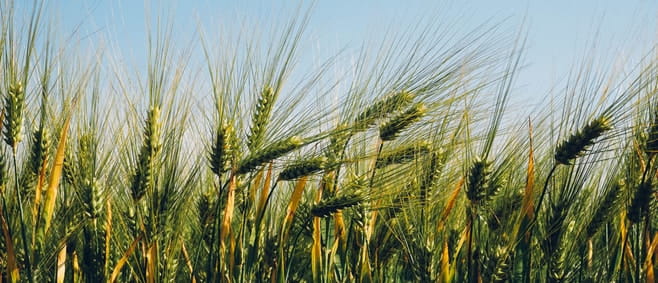
Agricultural Sciences
B.S.
Design your own degree in agriculture through flexible curriculum that spans subjects such as agriculture production, leadership, agribusiness, world food crops and sustainability.
Ag safety and health Communicating ag to the public Environmental law, policy and economics Farm implements Engine theory and operation Organic farming Environmental biology
Agronomist farmer or rancher Animal breeder Soil or water conservationist Grower or production manager Ag communications; marketing or sales Ag educator Extension agent
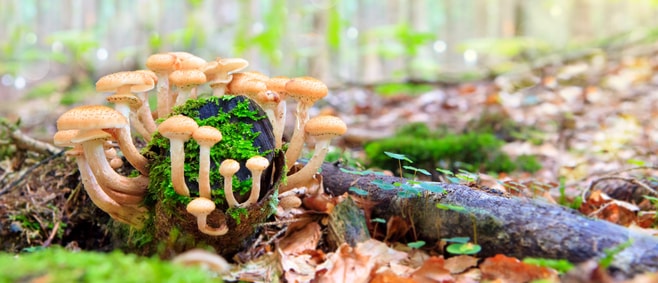
Botany
B.S.
Study the biology of plants and fungi through subjects like plant structure, biodiversity and genetics to better understand human impact on plant and ecological systems.
Plant genetics Mycology Plant ecology Lichenology Plant pathology Bryology Cell and molecular biology
Botanist Ethnobotanist Horticulturist Plant pathologist Naturalist Biotechnologist Plant geneticist Field botanist Plant scientist
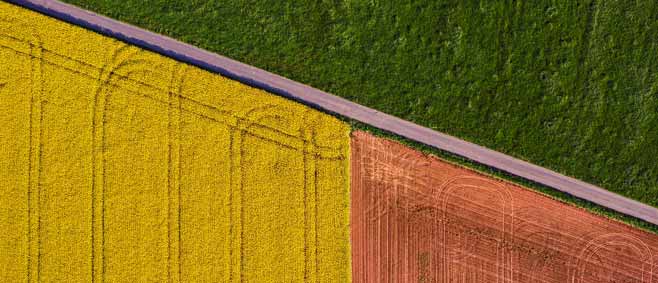
Crop and Soil Science
B.S.
Dig deep into crop and soil science with courses related to natural systems, field crop agriculture, water and soil resource management, and sustainable agriculture practices.
Crop production Soil morphology and classification Weed management Seed science and technology Plant pathology Insect pest management Irrigation principles and practices Plant ecology
Agronomist Soil conservationist Seed technologist Crop field scout Farm manager Crop analyst Soil health coordinator Field soil scientist Precision agricultural technician Soil mapping technician Land use planner
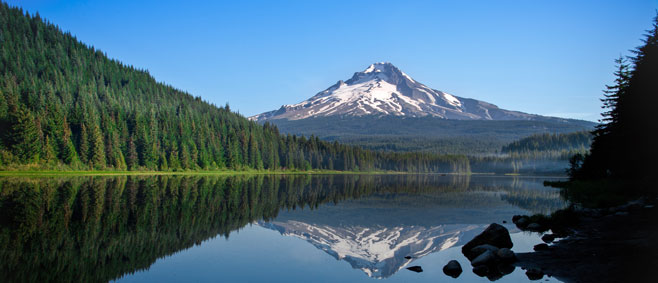
Environmental Sciences
B.S.
Pursue a rigorous, integrative education in science and policy as you learn to address global challenges like climate change, pollution and biodiversity loss as an environmentally focused scientist or analyst.
Field sampling (water/air/soil/vegetation) Data analysis GIS Remote sensing Wetland delineation Environmental technical writing Environmental problem-solving
Environmental scientist Ecologist Nature interpreter Environmental educator Climate analyst Environmental consultant Pollution regulations compliance officer Hydrologist/Water resource specialist Restoration planner

Environmental Economics and Policy
B.S.
Develop a strong economic skill set – supplemented by education in biological, physical or social sciences – as you prepare for a multifaceted career in environmental analysis.
Applied economics Natural resource economics and policy Measuring resource and environmental impacts Microeconomics Macroeconomics Environmental law Benefit-cost analysis
Environmental economist Land use planner Data analyst Research analyst for environmental nonprofit Environmental policy specialist Compliance analyst Pre-law
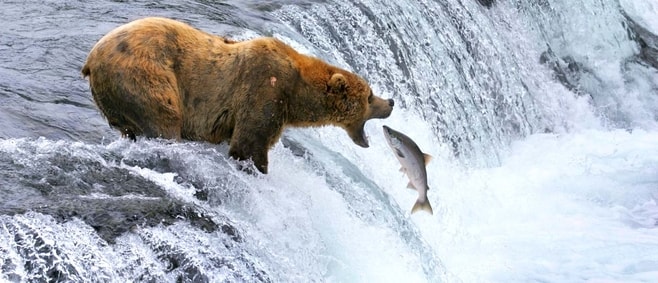
Fisheries, Wildlife, and Conservation Sciences
B.S.
Learn how to maintain balance for fish, wildlife and the delicate environments they live in through science-based curriculum that emphasizes applied ecological principles.
Fish, avian and wildlife conservation Population dynamics Marine ecology Animal genetics Vertebrate physiology Habitat restoration Animal care and rehabilitation Ecosystem ecology
Fisheries wildlife or marine biologist Fish and wildlife law enforcement Endangered species biologist Hatchery manager Habitat restoration biologist Wildlife area manager Animal caretaker
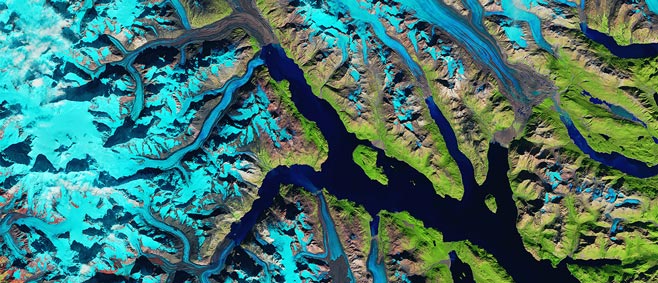
Geography and Geospatial Science
B.S.
Use the power of big data analysis and visualization technologies to explore humanity's relationship with our physical environment and natural, cultural and built resources.
Geographic information systems Remote sensing Geovisualization and cartography Geographic field research Physical geography Web mapping Geospatial analysis
GIS analyst Land use planner Planning and resource manager Cartographer Remote sensing specialist Land surveyor Photogrammetrist CAD/GIS developer Geospatial intelligence analyst Conservation specialist
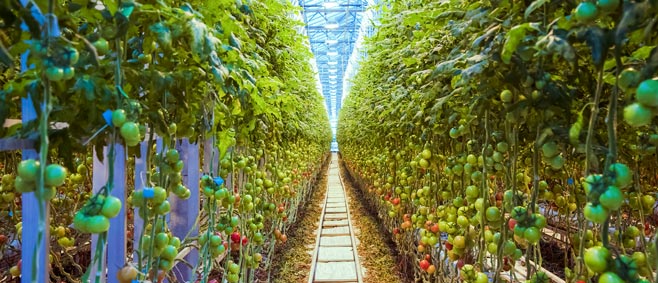
Horticulture
B.S.
Grow your skills in horticultural production through the study of topics such as plant pathology, pest and weed management, applied ecology and agricultural policy.
Plant nutrition Sustainable landscapes Urban forestry Permaculture Turf grass maintenance Plant breeding Medicinal plants
Urban farmer Landscape designer Greenhouse manager Plant breeder Arborist Vineyard manager Soil and plant scientist Urban and regional planner Athletic field director

Marine Studies
B.A. or B.S.
Navigate social, political and cultural issues of marine systems through the lens of the humanities, arts and sciences — with a focus on sustainability.
Marine ecology Critical thinking Cultural resource management Scientific reasoning Communication Marine environmental justice Ethical reasoning
Marine policy analyst Coastal communication specialist Marine entrepreneur Conservation outreach coordinator Community education specialist Aquarium outreach coordinator
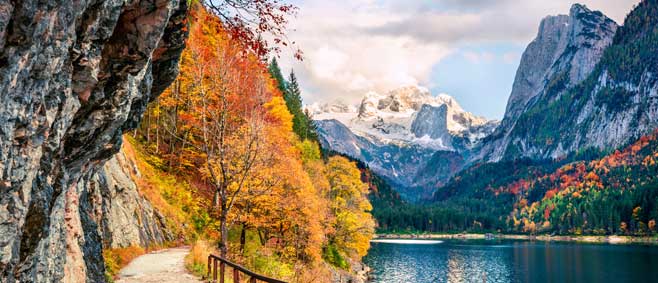
Natural Resources
B.S.
Explore natural and social sciences through a customizable curriculum that considers the interrelationship between our planet's resources and the human dimensions that impact them.
Forest biology and ecology Natural resource education Wildland fire ecology Landscape analysis Ecological restoration Conservation law enforcement Human dimensions in natural resources
Wildlife conservation officer Natural resources educator Extension agent Field researcher Forest, rangeland or wildlife ecologist Land-use planner Riparian, wetlands or watershed specialist
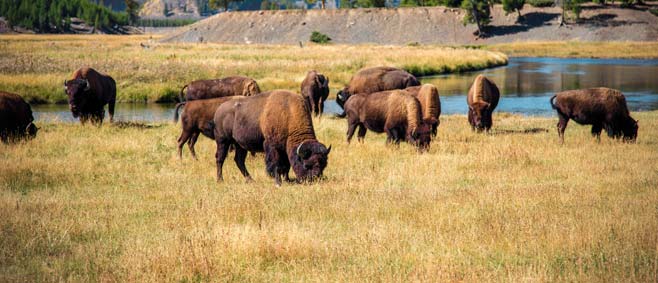
Rangeland Sciences
B.S.
Study the ecological, socioeconomic and policy aspects of rangeland management as you prepare yourself for a wide-open career in conserving and managing ecosystems and their resources.
Habitat management Sustainable livestock grazing systems Ecological restoration Rangeland stewardship Shrubland or grassland ecology Wildland plant identification Rangeland policy and economics
Rangeland management specialist Restoration ecologist Natural resource specialist Ranch manager Park manager Soil and water conservationist Conservation biologist Game enforcement

Sustainability
B.S. (Postbaccalaureate or double degree)
Gain interdisciplinary expertise in sustainable practices through this double-degree program, and build a career that can impact all aspects of global business, politics, economics and society.
Human impacts on ecosystems Sustainable supply chain management Environmental sociology Natural resource economics Sustainable communities Carbon and greenhouse gas management
Sustainability coordinator Strategic planner Sustainable waste, energy or water manager Environmental monitoring and assessment Urban planner Sustainability researcher Ecotourism

Tourism, Recreation and Adventure Leadership
B.S.
Learn how to facilitate outdoor experiences that respect and protect natural resources and cultural heritage. Gain real-world skills from a program focused on sustainability, justice and equity.
Land use planning Natural resource management Environmental interpretation Program management Sustainability Accessibility in outdoor recreation Public lands policy
Outdoor educator Ecotourism manager Naturalist Park ranger Natural resource planner Recreation manager Outdoor adventure guide
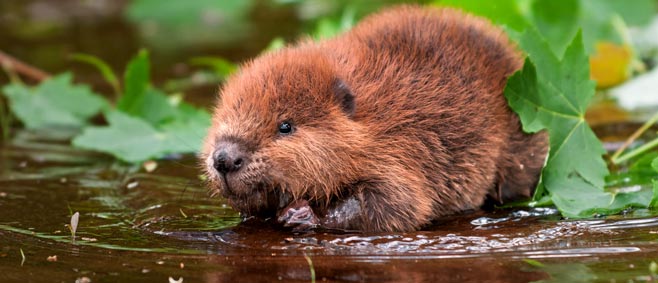
Zoology
B.S.
Study the vast field of animal biology – from DNA to ecosystems – and gain a broad scientific foundation that will prepare you for a wide range of careers in the life sciences.
Invertebrate and vertebrate biology Animal behavior Population biology Environmental physiology Genetics and cell biology Ecology and evolution Conservation biology
Animal scientist Animal breeder Field biologist Conservationist Animal care and husbandry Laboratory animal research Curatorial and museum management
Undergraduate certificates (4)

Climate Change Solutions
Undergraduate Certificate
Gain a comprehensive understanding of the physical and social sciences behind climate change so you can develop the skills needed to create actionable solutions and seek climate justice.
Climate science Data analysis and modeling Impact assessment Mitigation strategies Conflict resolution Climate justice
Climate analyst Solutions consultant Environmental justice advocate Sustainability coordinator Climate change outreach coordinator Renewable energy specialist Technical advisor
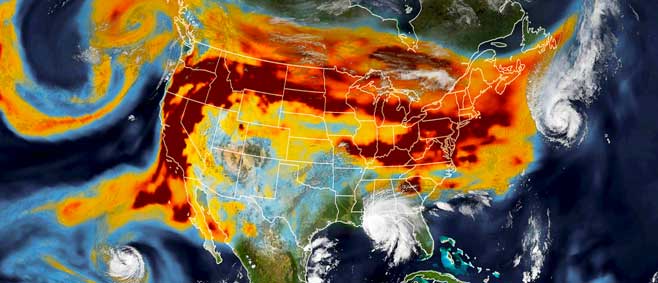
Geographic Information Science (GIScience)
Undergraduate Certificate
Discover how to use geographic information technologies, and develop a skill set that is highly valued in science, natural resources, government, industry and business.
Surveying Cartography Remote sensing Geospatial information Satellite image analysis Geovisual analytics Web mapping
Geospatial logistics analyst Transportation surveyor Mapping technician Field surveyor

Horticultural Therapy
Undergraduate Certificate
Gain the knowledge you need to design therapeutic gardens and provide care through the healing influence of nature for diverse populations who are facing health or emotional issues.
Therapeutic garden design Horticultural systems Plant propagation Human lifespan development Brain behavior Health psychology
Registered horticultural therapist Therapeutic horticulture practitioner Community garden coordinator Rehabilitation program coordinator
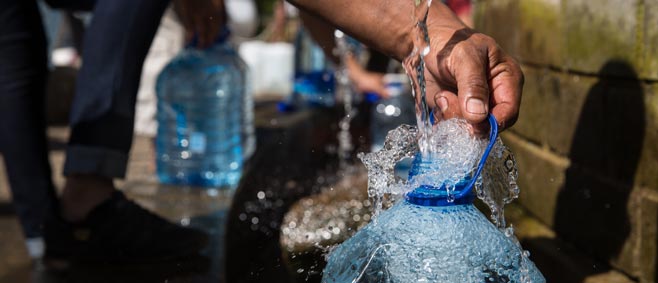
Humanitarian Engineering
Undergraduate Certificate
Build technical engineering skills and learn to analyze the social, environmental and economic context as you work with underserved populations to help gain safe access to vital resources.
Co-design Cross-cultural communication Interdisciplinary teamwork Community engagement Sustainability Social Impact
Humanitarian organization coordinator Conflict relief project manager Design engineer Non-profit director Multinational organization staff Research scientist
Undergraduate microcredentials (2)

General Chemistry
Microcredential (introductory)
Learn important chemical principles and theories, develop safe laboratory practices and broaden your understanding of the societal implications of chemistry.
Dimensional analysis Laboratory techniques Logarithms and exponential functions Linear regression analysis

Outdoor Recreation Resource Management
Microcredential (introductory)
Develop practical knowledge and skills for the strategic management of parks and outdoor recreation, including sustainable water and land resource management.
Outdoor recreation management Public lands management Protected area management Communication Diversity, equity and inclusion in outdoor recreation
Learn more about Oregon State’s online bachelor’s degrees, master’s programs and graduate certificates focused on conservation and natural sciences.

B.S. in Fisheries and Wildlife Sciences

Contact us directly
Our knowledgeable staff of enrollment services specialists will answer your specific questions about OSU Ecampus online degree programs, courses, the application process and how to get started.
8 a.m.–4 p.m. PT, Monday–Friday
Request
information
To ensure that you receive emails from us, please add "ecampus@oregonstate.edu" and these domains to your safe senders list: “@oregonstate.edu,” “@discover.oregonstate.edu” and “@email.oregonstate.edu.”
† All mobile information you share will remain confidential and will never be given to external sources. Any costs associated with receiving a text message are the responsibility of the individual receiving the message. Opting in to this mobile text messaging service from Ecampus is free of charge, however, message and data rates may apply from your wireless carrier.

